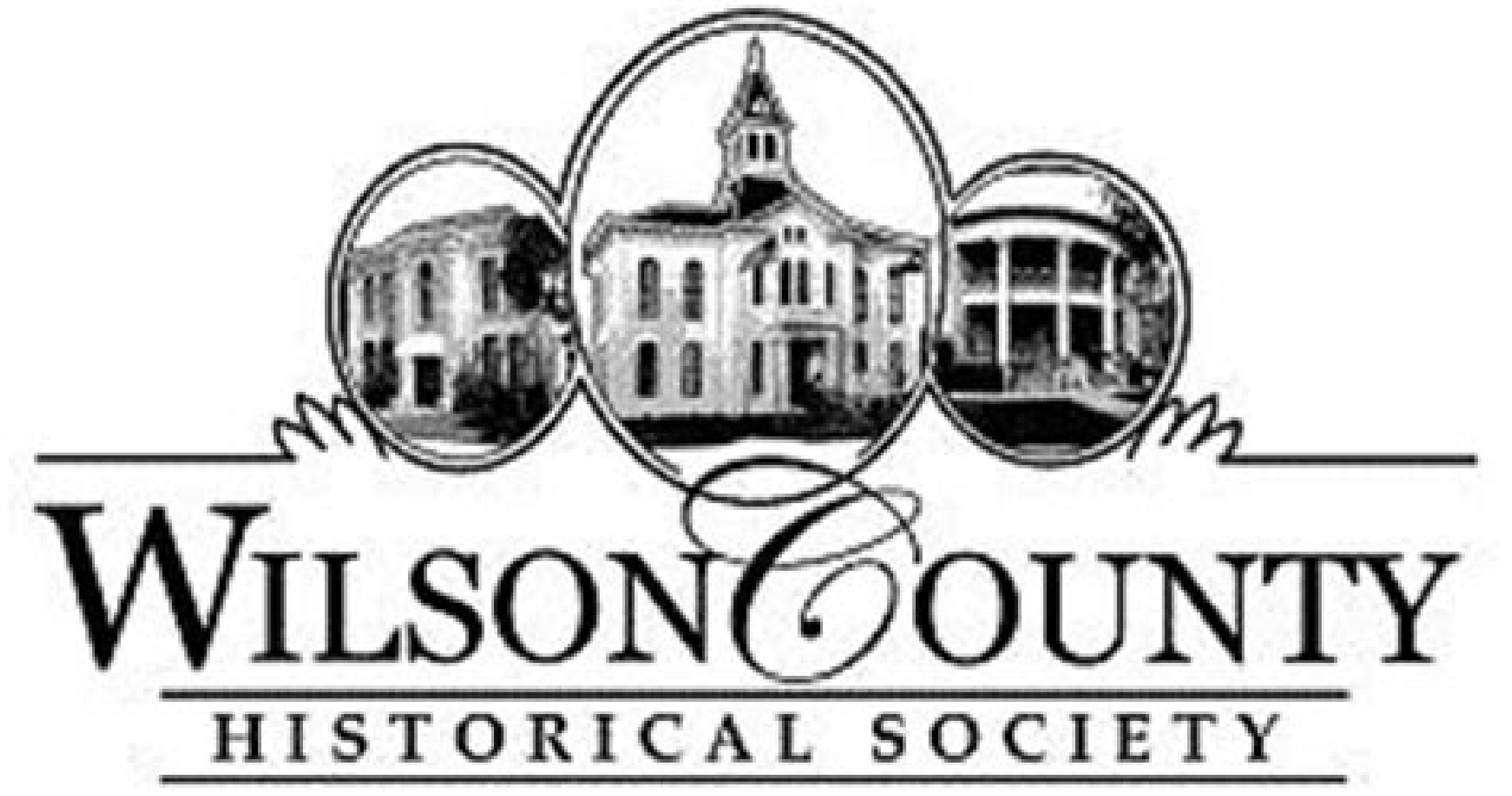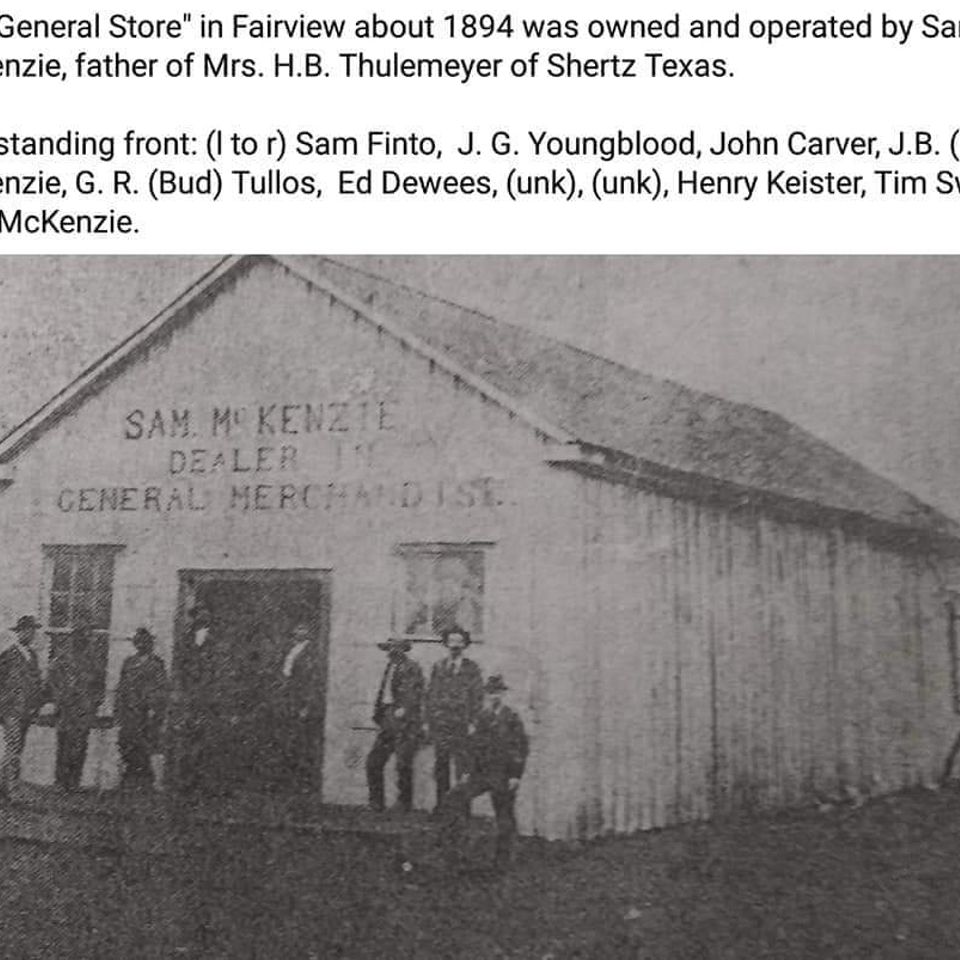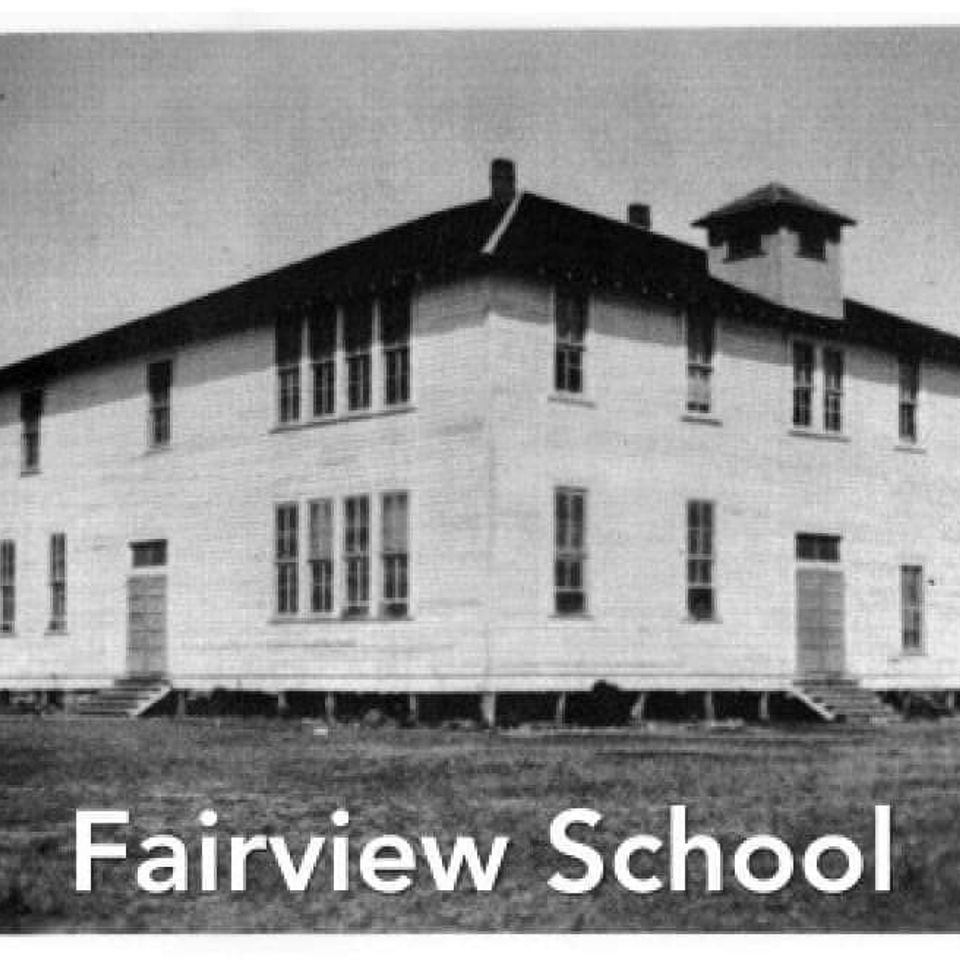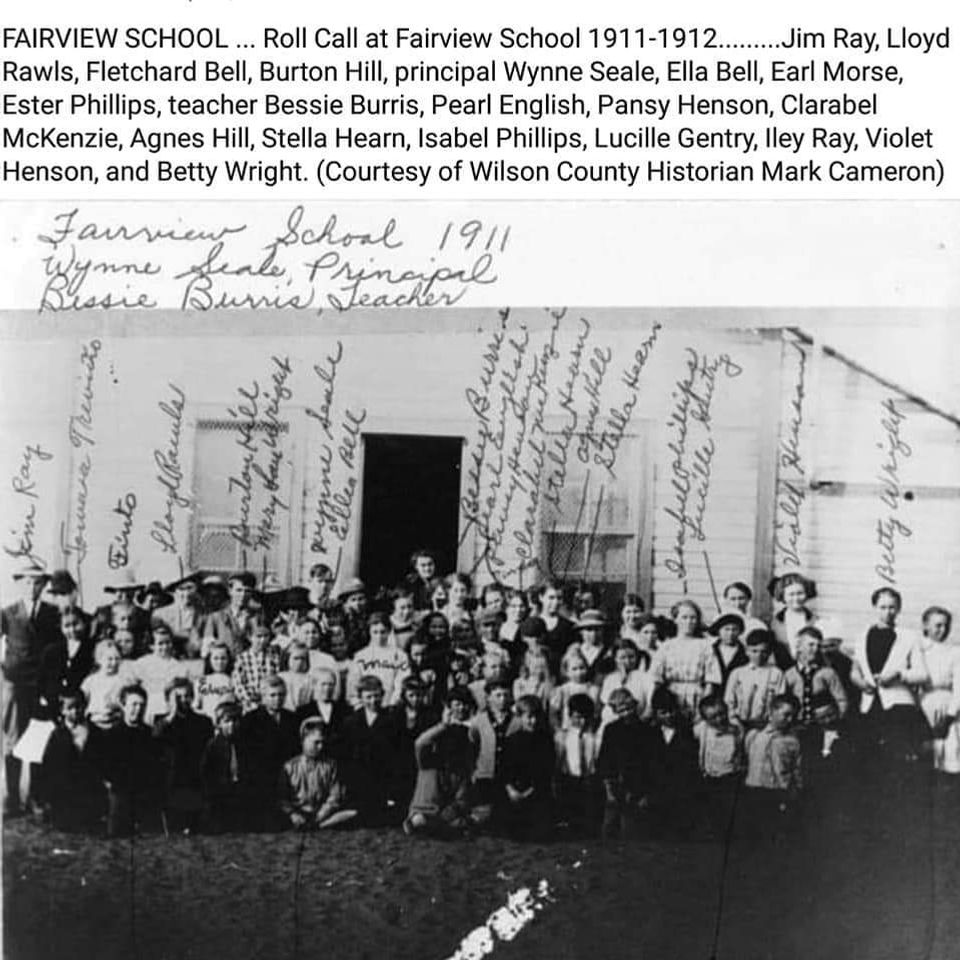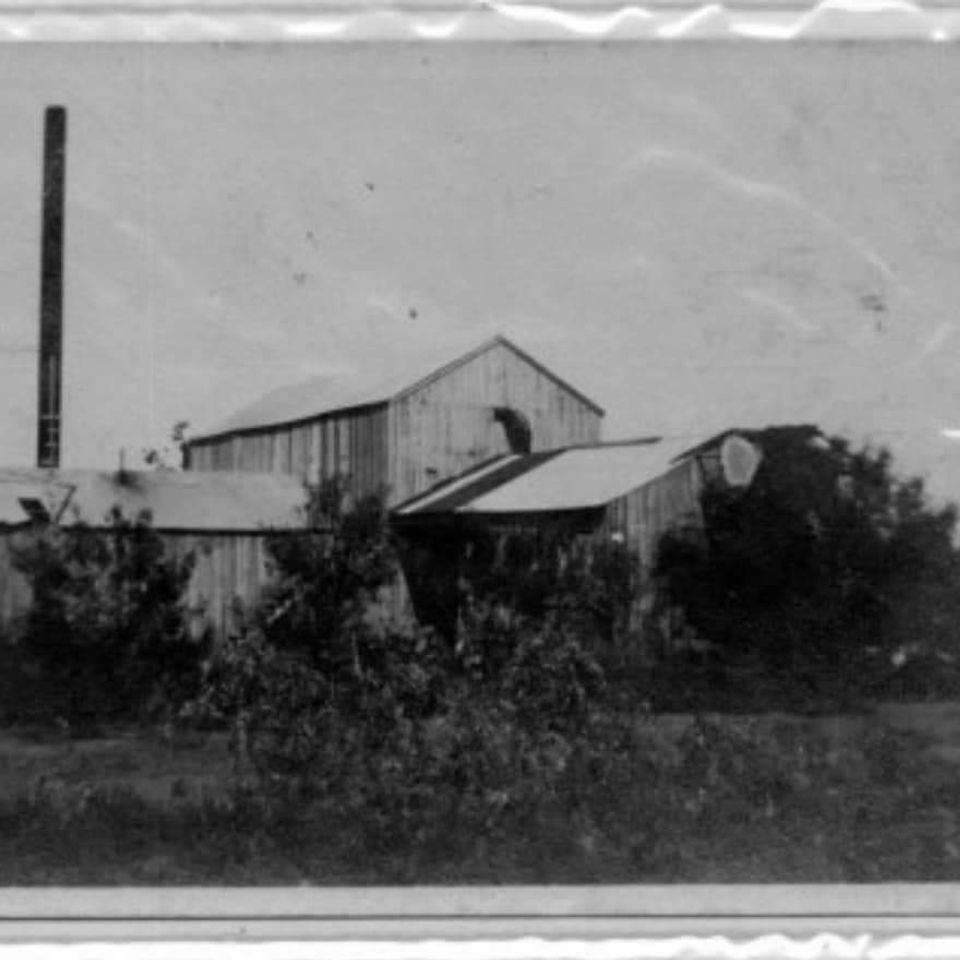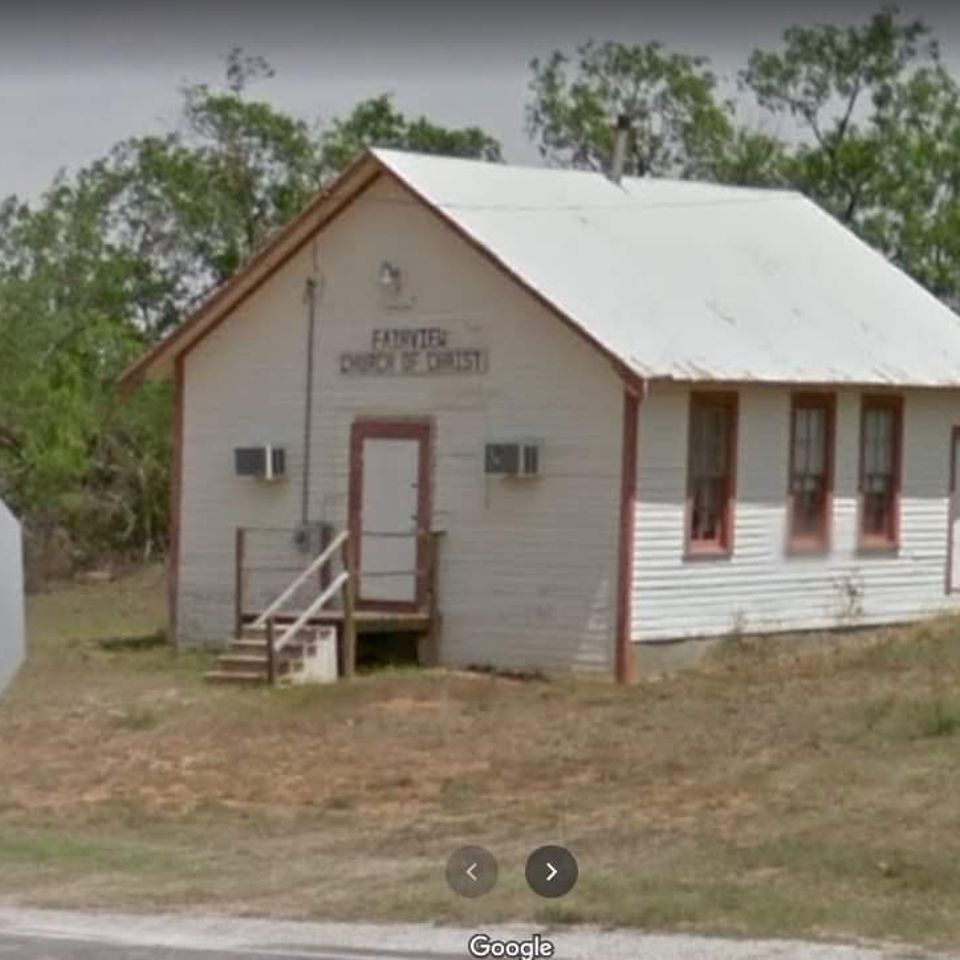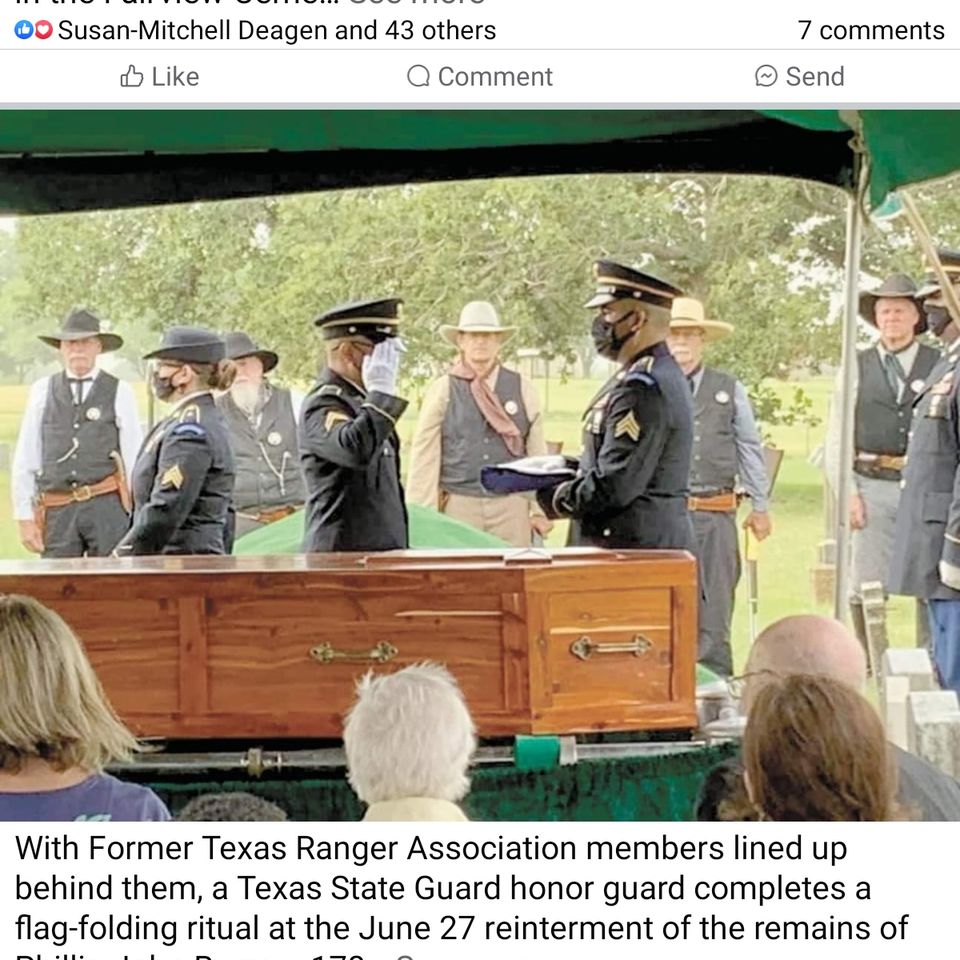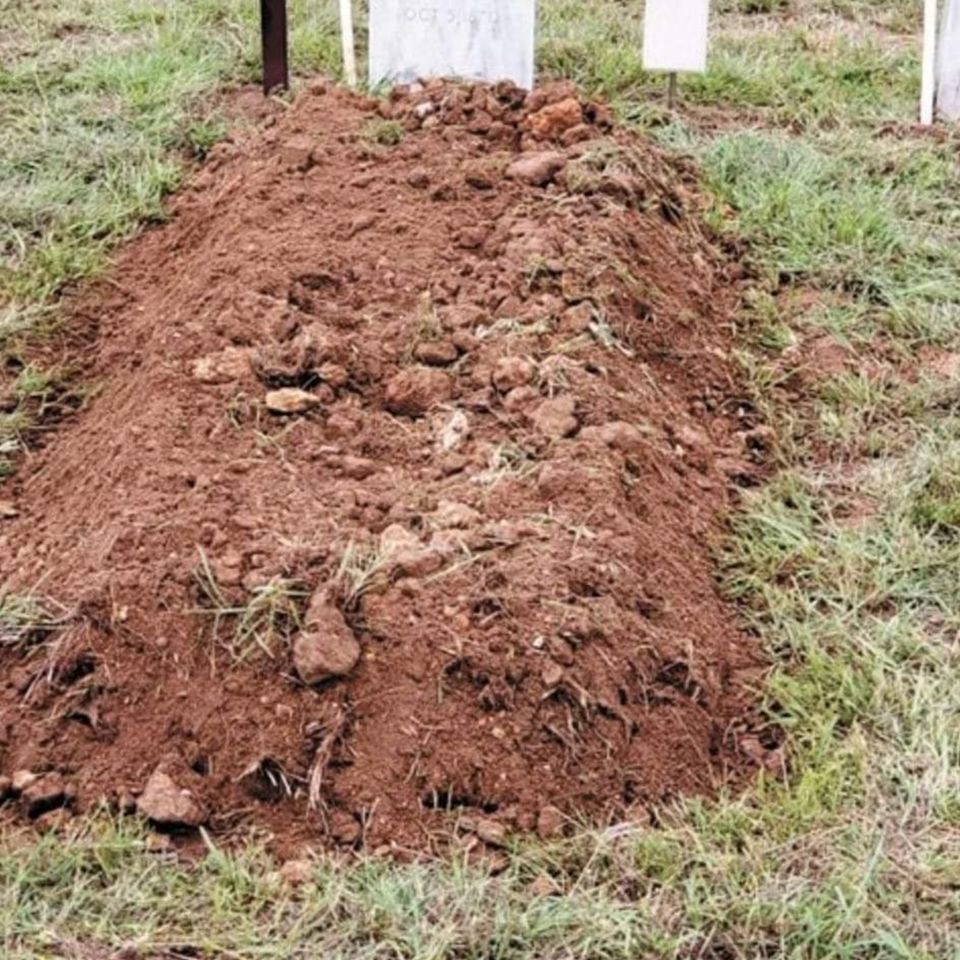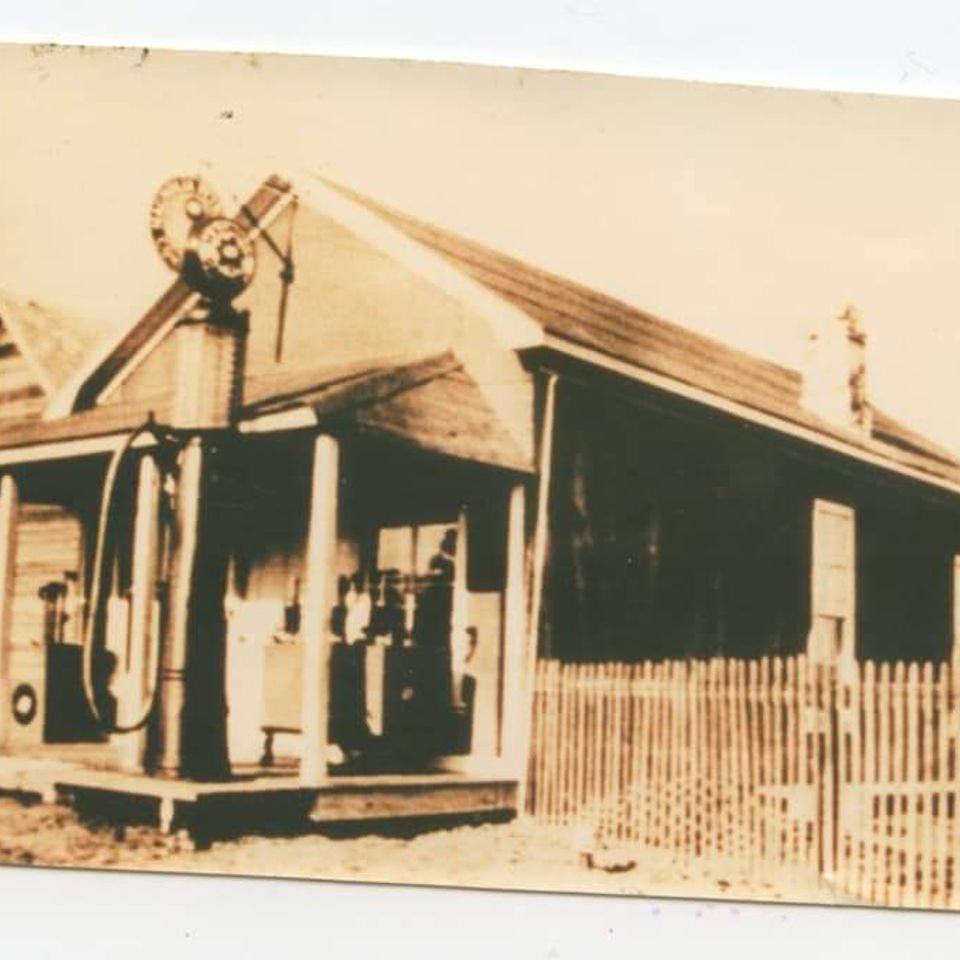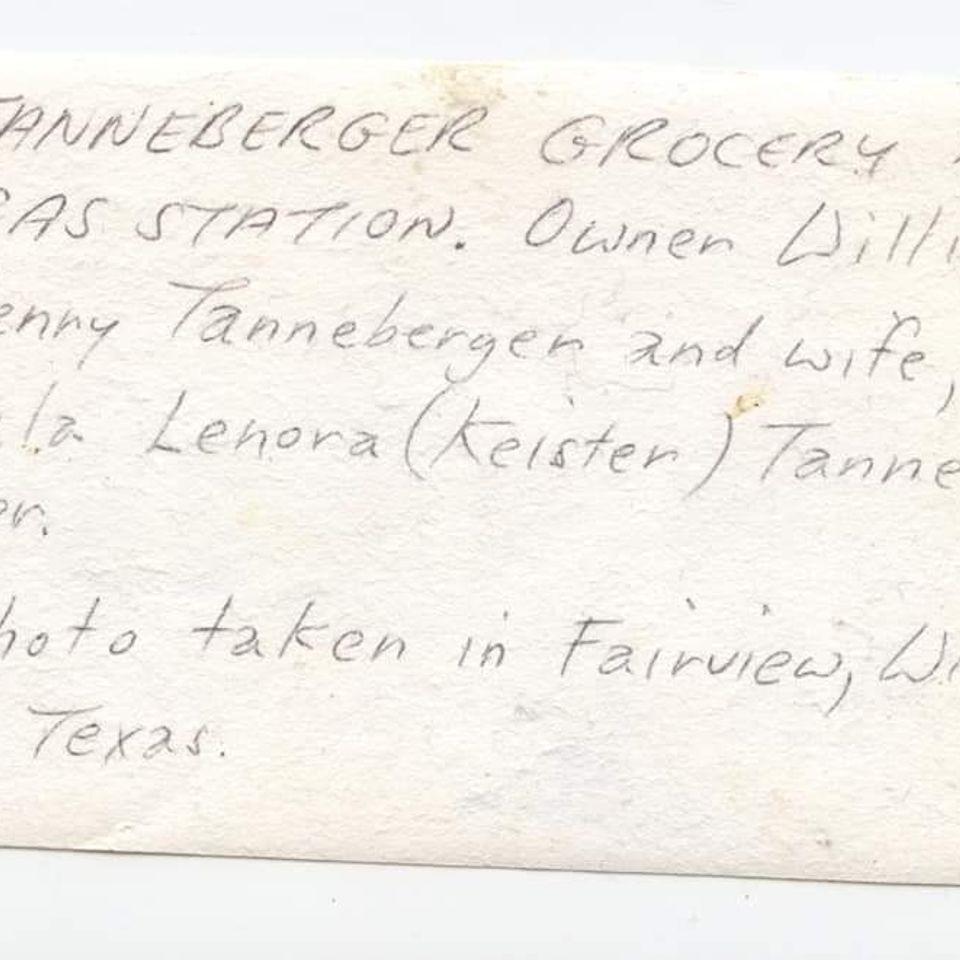by Barbara J. Wood
FAIRVIEW
Fairview community has rich, interesting heritage
Wilson County News
September 10, 2003
September 10, 2003
... The following is information from the Fairview historical marker that was unveiled at F.M. 536 and F.M. 2505 in 1989:
Near this crossroads was once the flourishing community of Fairview. The village began shortly after the Civil War, when Henry Hudson opened a store on the Old Oakville Road. A post office was established in the store in 1868. Fairview grew to include homes, churches, doctors' offices, a blacksmith shop, cotton gin, public school, Masonic Lodge, and telephone exchange. The area's economy was based on agriculture, and the main crop was cotton. The advent of the boll weevil and other pests which attacked the cotton crop played a large part in the eventual decline of the town following World War I. Fairview was the hometown of twenty-seven Texas peace officers, including twenty Texas Rangers. Among the Rangers was Frank Hamer (1884-1955), who is best remembered for his role in pursuing notorious Depression-era outlaws Bonnie Parker and Clyde Barrow. Still remaining and in use in the area is the Fairview Cemetery, originally called The Rock Church Cemetery due to its position next to a Methodist Church built in the 1870s. With grave markers dating from the 1860s, it is one of the few remaining physical reminders of the town.
The pamphlet of the unveiling ceremony written by Roy L. Swift stated, "In summary, then, it may be said that around 1915-1918, the community had at least two doctors, five stores, a blacksmith shop, a telephone exchange, a gin, a large public school, four churches, and a Masonic Hall."
A unique aspect of the Fairview community is that it produced probably more peace officers than any other community its size or much larger in Texas. Many were Gillilands, Carneses, Webbs, Swifts, and Dials, to name a few.
Roy Swift wrote that the decline of the community was caused not only by the boll weevil epidemic, but also "by the changing face of transportation. It has generally been forgotten that when Fairview came into being, there not only was no improved road into the new county seat at Floresville, but also there was no bridge across the San Antonio River, on the Western side of the original settlement of Lodi. Any passage from the west (Fairview) depended on the vagaries of a primitive ferry, which was often out of commission. Therefore, the early settlers in the western part of the county fell into the habit of ignoring Floresville as a feasible place to trade. As for San Antonio, it was a full day and a half away, to the north, by wagon. The typical Fairview family went into San Antonio twice a year, camping overnight on the Salado Creek, putting up at a San Antonio wagon yard, getting in a day and a half of shopping and trading, followed by a day and a half getting home. That barely gave them time to get ready to go to church on Sunday!
He concluded by saying, "No wonder, under those conditions, that Fairview became sturdily independent in the early years of the century, even introducing a grist mill and its own wagon yard. But, when the advent of the automobile and truck demanded better roads (though long before pavement); when World War I took many of the boys overseas and they had 'seen Paree;' and when the boll weevil, boll worm, and flea hopper syndrome hit the cotton fields, Fairview people were forced to diversify, to move away from a one-crop economy. They turned for a while to watermelons, but that required trucking to outside markets. Fairview as a town declined rapidly in the 1920s; by the end of World War II, there were only two stores, two churches, and a school reduced to offering classes for first and second grade. Today, the only business establishment is a machine and welding shop occupying the last school building; one church stands; and the cemetery prospers." (Roy L. Swift, written in 1988-89.)
Final rest — at last — for Phillip John Burrow, 150 years after his death
NOTE: The descendants of Phillip J. Burrow along with the Wilson County Historical Commission hosted the dedication and unveiling of the Texas State Historical Marker honoring his life and service October 8, 2022.
July 07, 2020
By Gregory Ripps
Wilson County News
Wilson County News
FAIRVIEW TEXAS ... The remains of Phillip John Burrow, 1784-1870, were reintered June 27 with a graveside ceremony in the Fairview Cemetery.
The event not only provided the occupant of "the grave in the middle of the road" a more peaceful resting place, but also brought a four-year mission of great-great-great grandson Allen Burrow to an end.
Although a marker indicated a grave for Phillip John Burrow in the Fairview Cemetery, the grave did not contain his remains. His remains were buried near the intersection of county roads 104 and 105, a situation a tenacious Allen Burrow succeeded in remedying.
Finally — with a Texas State Guard honor guard and Former Texas Ranger Association members providing a dignified ceremony — Phillip John Burrow received a proper cemetery burial, in the presence of family, their friends, and people interested in Wilson County history.
The soldier, Texas Ranger, and farmer was recommitted to the earth in a western red cedar period-style coffin made by descendants Rex and Robert Burrow of Elgin.
Three markers identify the grave:
•A steel cross honors Phillip John Burrow's service in the Texas Rangers.
•A marble headstone, which has marked his empty grave since 2003, remains in place.
•A white limestone cross replicates a small portion of a cross found during an exploratory dig for his remains in 2017. Allen Burrow made this cross.
[Allen Burrow's quest to precisely locate his ancestor, excavate his grave, and remove the remains was told in the March 10 Wilson County News. Over the years, a number of other articles dealing with "the grave in the middle of the road" have appeared in the newspaper. ]
Courtesy of Wilson County News https://www.wilsoncountynews.com/articles/final-rest-at-last-for-phillip-john-burrow-150-years-after-his-death/
Courtesy of Wilson County News https://www.wilsoncountynews.com/articles/final-rest-at-last-for-phillip-john-burrow-150-years-after-his-death/
